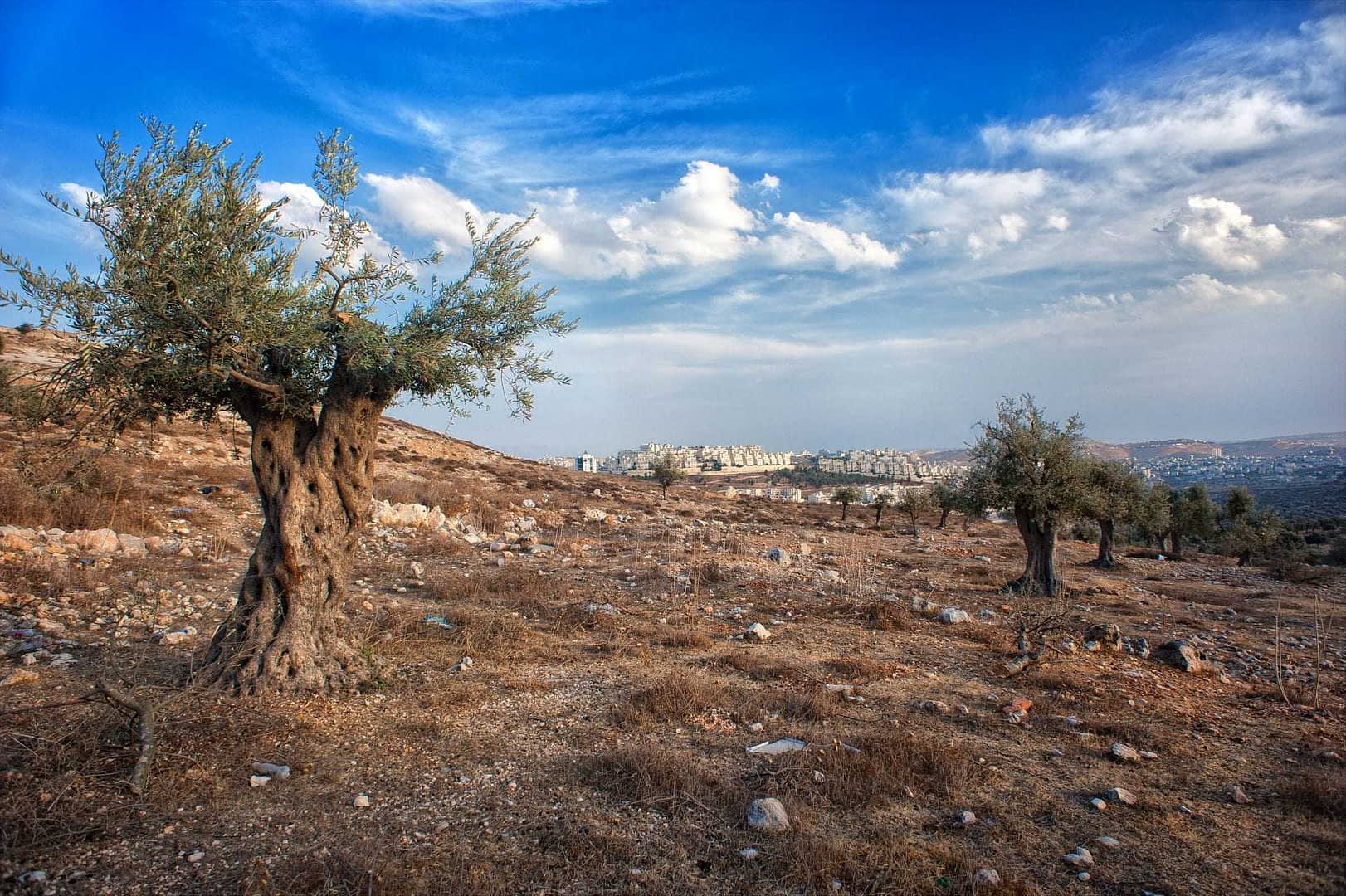The olive tree – a symbol of Palestinian identity – is under attack by Israeli settlers, argues Burhan Ghanayem, co-chairman of Voices for Justice in Palestine, a human rights organization.
According to United Nations monitors, more than 4,000 olive trees and other tree crops have been burned or removed by Israeli settlers and soldiers since the start of 2020.
The objective is, okay you destroyed 100 trees, we’re going to plant another 100. It’s just, we’re not going to let go. It’s a form of resistance.
The most recently recorded episode of vandalism in Palestinian olive groves came last month when roughly 30 olive trees were burned near the city of Nablus, famous for its historic olive oil soap production industry.
Ghanayem told Olive Oil Times that olive trees, for Palestinians, are not simply a source of income, but also indicate ownership over the land.
See Also:Despite Challenges, Soap Production Continues in West Bank“I know that what we own now was grandfather’s olive trees and land, and my father inherited it,” Ghanayem said. “My grandfather used to tell me that he inherited it from his father, so I can know for sure that my great-grandfather, grandfather and my father are the owners of our olive tree orchard.”
The vandalism comes at a time when Palestinian olive oil production is being threatened by Israel’s steady acquisition of territory in the West Bank. Palestinians have also accused Israel of attempting to undermine the Palestinian olive oil market.
The destruction of olive trees in the West Bank is nothing new. In a 1974 speech to the United Nations General Assembly, Palestinian political leader Yasser Arafat stated that “terrorism fed on hatred and this hatred was even directed against the olive tree in my country, which has been a proud symbol and which reminded them of the indigenous inhabitants of the land, a living reminder that the land is Palestinian. Thus they sought to destroy it.”
Since the time of Arafat’s speech, it is estimated that Israeli settlers, in efforts to develop settlements, build roads and construct new infrastructure, have uprooted or burned more than a million olive trees.
Israeli authorities have argued that some of these olive groves represent a threat to local security. One Israeli Defence Force commander, Colonel Eitan Abrahams, said that olive trees are removed “for the safety of settlers,” claiming that the trees protect Palestinian gunmen or stone-throwers.
“No one should tell me that an olive tree is more important than a human life,” Abraham said.
However, Ghanayem sees the destruction of Palestinian trees as a way for Israelis to try and erode Palestinian identity and force them to cede more land to Israel.
Palestinians plant around 10,000 new olive trees in the West Bank each year, most of which are of oil-producing varieties.
“My family has planted thousands of trees in the last 10 to 15 years,” he said. “The objective is, okay you destroyed 100 trees, we’re going to plant another 100. It’s just, we’re not going to let go. It’s a form of resistance.”









